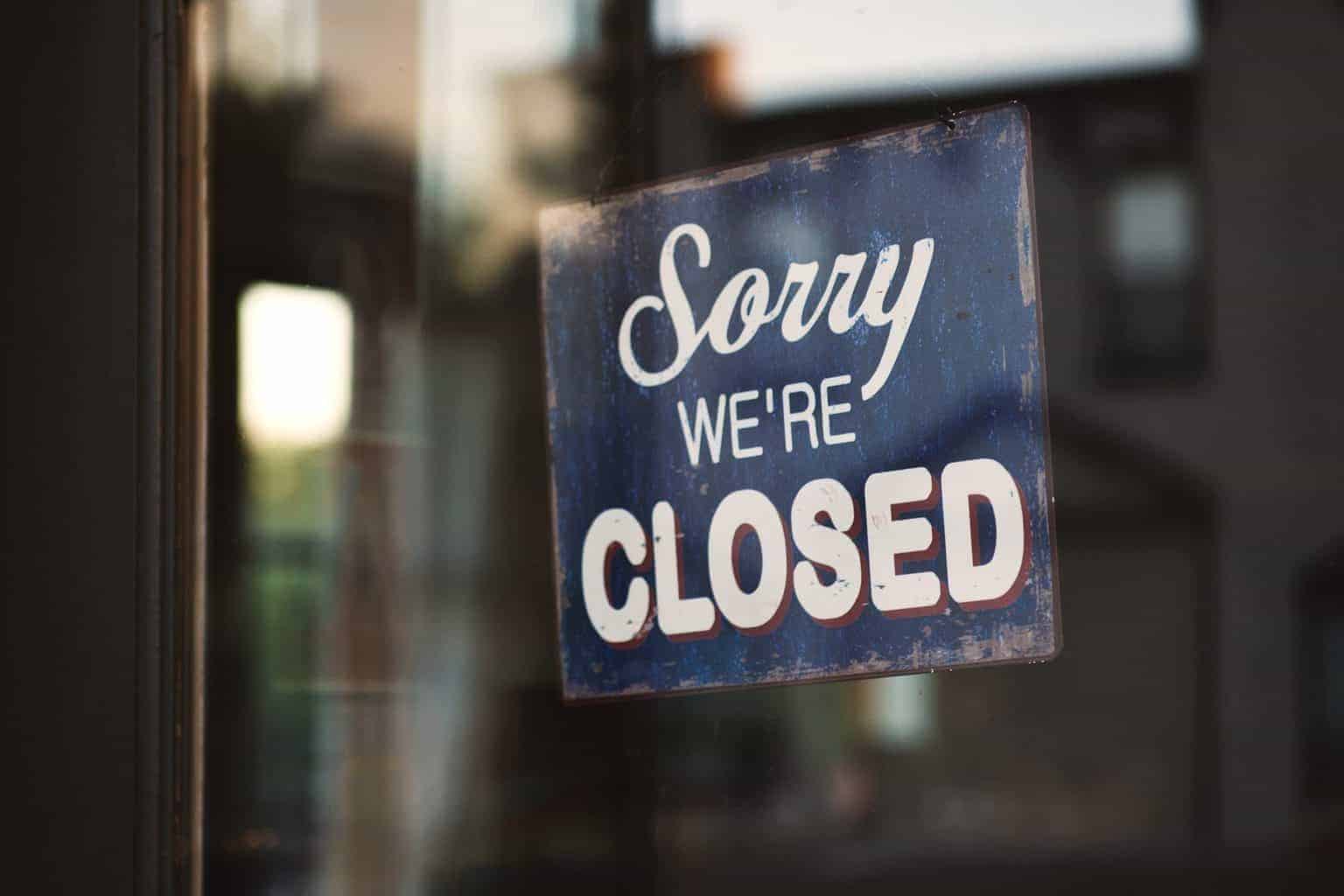Many businesses were affected by the pandemic, and some will take a long time to recover fully, while others have closed completely.
For instance, if your business relied solely on people buying from your store physically, that means you probably did not have any business during the lockdown. Several businesses operate solely online and are doing well.
Online business has got very many benefits, other than not paying rent. Read on to learn how brick-and-mortar businesses are suffering during the pandemic.

Unemployment
Most people lost jobs during the pandemic. If you work for a brick-and-mortar business, you may not have been able to work because of the lockdown. People were asked to stay at home with no income coming in.
Only the people working online were able to fairly survive the pandemic without being affected so much.
Some employees might never get these jobs back because even the brick-and-mortar offices or businesses are hurting.
They can survive without employees in the office or working solely online. It is believed that after the pandemic, most businesses will downsize to stay afloat.
Also Read: Here's Why The Stock Market Falls During A Pandemic
New Ways of Purchasing
It is believed that after the pandemic is over, most people will purchase online. However, once in a while, people might move out to “breathe” fresh air and interact with others.
However, generally, the new purchasing is going to be online. This means brick-and-mortar businesses are going to run out of business. If you get a few customers walking in a few times a month, are you still doing business?
Major Discounts
If brick-and-mortar businesses are to stay afloat, they must offer major discounts on their products to attract customers. Remember, you need them to walk to your store and buy.
Therefore, they should have a reason good enough to attract them to your store. The question is, how long will you offer these discounts? Besides, is it sustainable?
As you do this, your competitors sell online without inconveniencing customers by having them walk to your store. Online businesses may/ may not have to offer these discounts.
Health Regulations
Brick-and-mortar businesses must comply with the health and safety regulations set out by the World Health Organization. For instance, if you expect customers to walk into your store, you must ensure everyone is wearing a mask and is given hand-washing equipment or sanitizers.
Also, their temperature must be taken at the entrance so that potentially sick customers aren't allowed in. All this requires extra manpower, which increases your costs, yet you are not earning. In the long run, it may not be sustainable.
Small Businesses Must Adapt

If brick-and-mortar businesses wish to keep afloat—especially during the pandemic—they must learn from their competitors. If your business does not have some sort of online presence, it should.
Consider creating a website for your business via Squarespace or WordPress, or create a simple Facebook page.
Conclusion
Most brick-and-mortar businesses have been affected by the pandemic. Everyone is in lockdown, and customers are limited. Already, they are facing huge competition from online companies like Amazon, eBay, and others.
This is why some of them have filed for bankruptcy while others are scaling down on their employees. To stay afloat, these businesses should develop ways to reduce overhead costs.




















